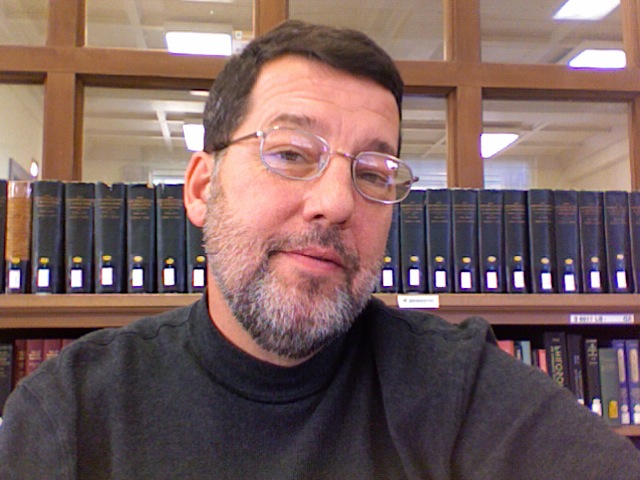
19 May PAT BAILEY’S SPIRITUALITY WITH RELIGION
Editor’s note: With Mountainfilm in Telluride fast approaching – the Festival takes place over Memorial Weekend – the preservation of the earth and all things endangered, species, cultures and ideas, becomes an even more compelling notion. Mountainfilm guests don’t just pay lip service to the idea. They take action. In a series of posts, Pat Bailey, pastor of Christ Presbyterian Church, urges the Church to take action too. Bring Mother Nature to the forefront of a re-imagined theology.
In my doctoral dissertation I am claiming the need for a re-visioning of the Christian church’s theology and its understanding of mission, the need for a more natural, integrative theology and for an earth-focused, contextual approach to mission. In the next few posts I will consider why a change in the church’s sense of mission is needed.
 For many, the crisis that the environmental systems of earth are experiencing as a result of human actions is all too apparent. A question I frequently hear in discussions about the environment is whether humanity can possibly turn the tide, or have human actions already set the stage for an inevitable environmental collapse? With that question, there often comes a recognition of the need for a shift or evolution in human consciousness, with many wondering if humanity is not approaching a tipping point concerning such consciousness.
For many, the crisis that the environmental systems of earth are experiencing as a result of human actions is all too apparent. A question I frequently hear in discussions about the environment is whether humanity can possibly turn the tide, or have human actions already set the stage for an inevitable environmental collapse? With that question, there often comes a recognition of the need for a shift or evolution in human consciousness, with many wondering if humanity is not approaching a tipping point concerning such consciousness.
The spiritual revolution that I discussed earlier is part of a larger shift in culture and consciousness that is reshaping how people view reality and relationality. It seems to me that one of the central features of a potential major shift would have to be a realization of an interdependence that includes not only the human species but the interspecies of the entire biotic sphere, that human persons see themselves as one species among others on a shared and codependent evolutionary journey within Nature.
If the church re-visions its mission in support of such transformation of consciousness, then it can no longer support a model of mission that seeks to convert persons to a worldview that blocks or denies such an inclusive, interdependent, and earth-based vision. If there is hope for a future in which the environmental impact of human society reverses the current crises and sets a path toward healthy, mutual coexistence, then the mission of the church must be re-visioned in ways that can support that future. Or the church will become at best irrelevant and at worst an accessory before the fact in the collapse of earth’s complex environment.


Sorry, the comment form is closed at this time.